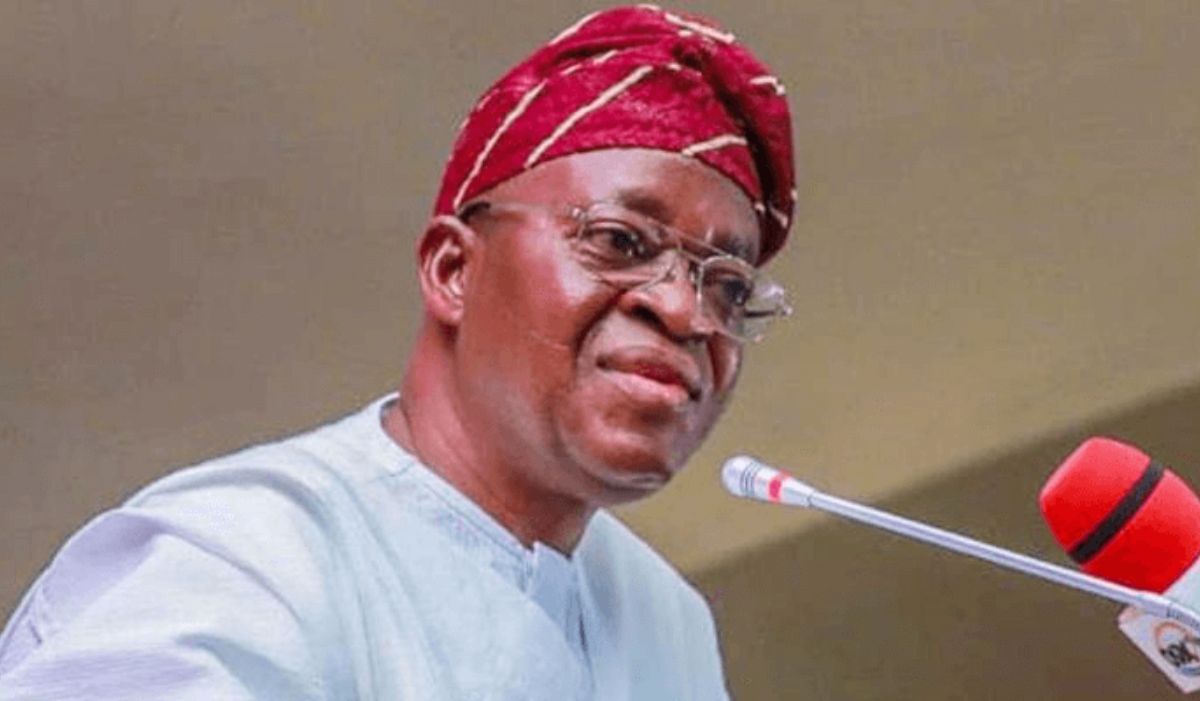FG Unveils Plan to Boost Fish Production, End Import Dependency

Minister of Marine and Blue Economy, Mr. Adegboyega Oyetola, has revealed the Federal Government’s strategic direction to reduce Nigeria’s dependence on imported fish by ramping up domestic production and empowering young people and women with start-up support.
He disclosed this during a stakeholder meeting with fisheries cooperative groups in Abuja on Wednesday, where he laid out the vision to elevate aquaculture as a vital pillar of the country’s food security, job creation, and export drive.
“The federal government is fully committed to supporting the fisheries and aquaculture subsector through policy, technical support, and financial inclusion,” Oyetola assured.
He emphasised that the government is working to expand local production, limit fish imports, and enhance the industry’s sustainability.
A major aspect of this plan involves increasing youth engagement in aquaculture as a means of addressing unemployment while boosting national food supplies.
The minister confirmed that several empowerment initiatives are already underway, and discussions are ongoing with key global partners.
Oyetola, a former Governor of Osun State, also mentioned that negotiations with the World Bank are in progress to obtain financial aid for fish farmers. In addition, collaboration with the Nigerian Agricultural Insurance Corporation (NAIC) will help provide affordable coverage to industry players.
“We are also in talks with the Federal Ministry of Water Resources to replicate the successful aquaculture model at the Oyan Dam across other regions. This meeting is only the beginning of a sustained and transformative dialogue. Integrated planning and inter-ministerial cooperation are key pillars of our strategy,” he said.
Meanwhile, President of the Fisheries Cooperative Federation of Nigeria (FCFN), Mr. Mashi Sani, proposed a Sustainable Livelihoods and Fish Food Security Initiative (SLESI), calling for a N75 billion investment over three years.
The proposed initiative aims to create one million sustainable jobs, halve post-harvest losses, and boost domestic fish production by 35%.
Sani stressed that the fisheries industry is crucial to food access, income, and nutrition—especially in rural areas—but is hindered by overfishing, poor infrastructure, limited finance, and weak technical extension.
He called for urgent government support to address transport bottlenecks, market access issues, and technical deficiencies in the sector.





